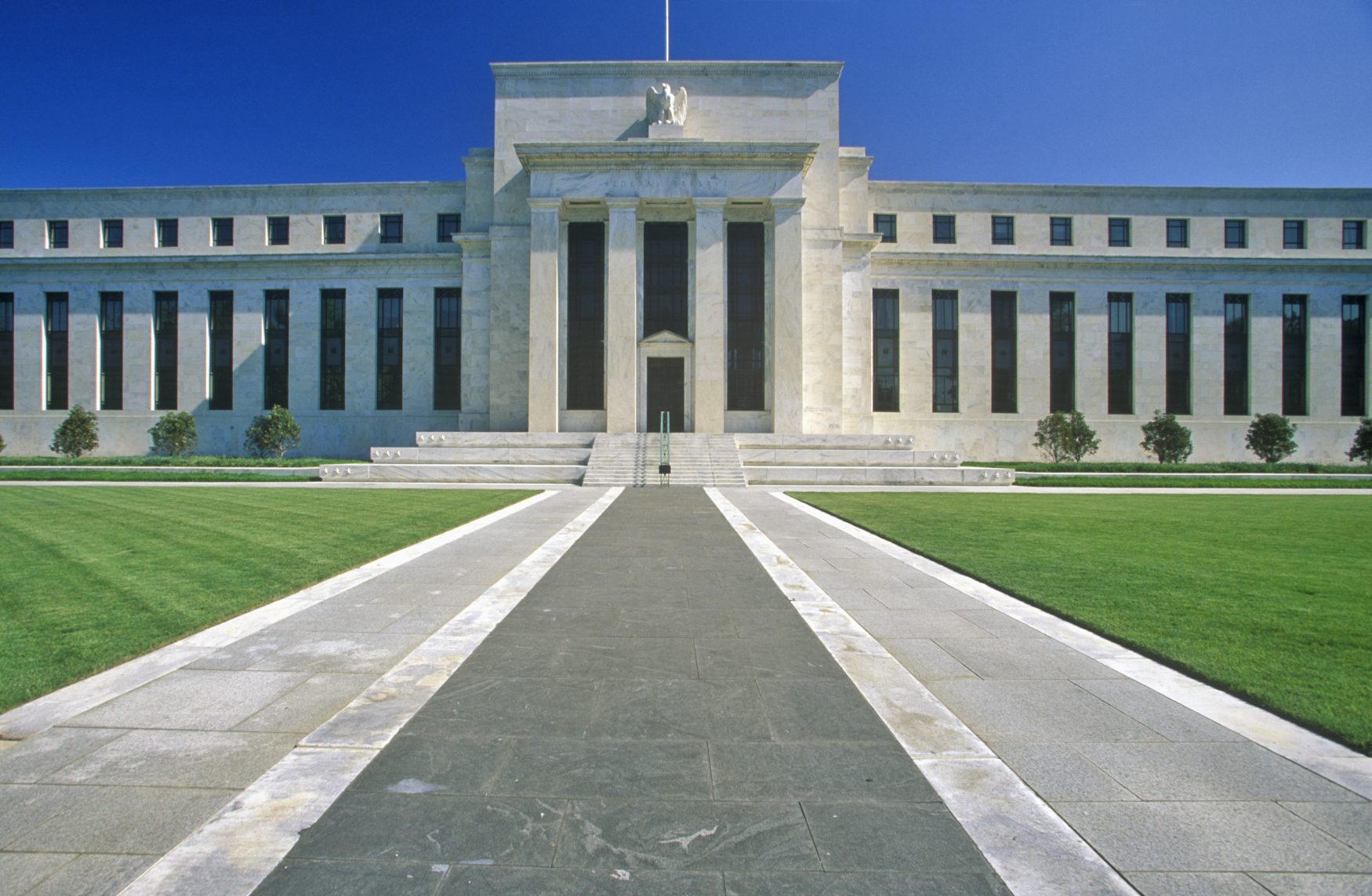
What are the Effects of the US Central Bank?
Some Are Surprised by The Effects of the US Central Bank.
There are roughly three hundred and three million people in the United States, as of 2008, and based on the number of Internal Revenue Service filings, almost half of these people are wage earners.
It might surprise a majority of these one hundred and fifty million people to know that due to the effects of the US Central Banks they didn’t own one dollar of that income they claimed.
Even worse, they can expect the purchasing power contained in each of those dollars to continue to shrink as the Central Bank persistently manipulates interest rates and monetizes the federal debt.
Every United States dollar or coin is ‘legal tender’, and is the private property of the Central Bank and the Federal Reserve System that oversees its operations.
This legal entity loans money to the United States federal government, with interest, which creates an ever increasing need for more funds from the Central Bank to pay the debt.
What this means is that the dollar in a consumer’s pocket is all ready owed to someone who also owes someone else.
If money equals debt, it implies that the economy is money borrowed, with interest, to tackle the debt of money borrowed with interest at an earlier time, which is simply a recipe for disaster.
Of course the entire scenario can be seen as even worse when the idea that the United State’s economy is a fiat system and not based on the preferable gold standard.
The Gold Standard Disappears
In 1913 Congress created the Federal Reserve System, which is the functioning management of the Central Bank.
This private corporation has never had an audit of its actual gold holdings.
In 1933 the United States federal government made it a punishable offense to be in possession of gold currency, bullion or notes.
A deadline for the return of all gold to the Federal Reserve was set for March of 1933.
This collection was done to enable the banking industry to stabilize, but it required private citizens to turn over private assets to the Federal Reserve.
Those Americans who turned in their gold received exactly $20.67 per ounce.
The Federal Reserve, however, immediately turned around and set a value of $35 per ounce for gold through the Gold Reserve Act of 1934.
In doing so, they inflated the value of the dollar by more than forty percent .
Clearly one of the immediate effects of the US Central Bank policies was to endanger the value of the dollar by inflating the cost of gold.
Historically, the higher the price of gold the lesser the value of the dollar.
The Effects of the US Central Bank and Gold Prices
This price of $35 per ounce was honored by the United States through 1971, after which time currency was no longer exchanged for its value in gold, and the gold standard was abolished.
This was also the end of hard currency around the globe.
Controlling the price of gold and then abandoning the backing of currency with gold, have had catastrophic effects on the United State’s economy.
Though the ownership of gold was once again legalized in the 1970s, it was no longer the basis of the United State’s economic system.
Today, the Federal Reserve determines the value of the dollar through its control of the money supply and its setting of interest rates.
Thus, another chapter of self-serving policies and punitive actions against the citizenry was opened.
The effects of the US Central Bank continue to demonstrate that policy is dictated by the desire for profit and control, not economic stability on a national scale.
The End of the Dollar?
Will the policies of the Central Bank eventually kill the dollar?
Paper currency tends to have a history of failure, and the role of the Central Bank in the declining value of the dollar cannot be overlooked. Will it eventually crash? That is difficult to predict.
The fact that the value of a dollar in 1934 was 1/20th of an ounce of gold in comparison to today’s dollar being approximately 1/800th of an ounce is a bit frightening.
Is this strictly the fault of the Central Bank’s policies of overproducing currency and creating money out of thin air?
No, but realistically time is running out for our government to pull itself out of the debts that are clearly due to the effects of the US Central Bank and its horrific greed.

 My First Amazing Ayahuasca Experience
My First Amazing Ayahuasca Experience  Pine Needle Tea
Pine Needle Tea  The REAL Controllers of Humanity: The Papal Bloodlines
The REAL Controllers of Humanity: The Papal Bloodlines  Is it Global Warming or Cooling?
Is it Global Warming or Cooling?  Gun Rights and Obama Examined
Gun Rights and Obama Examined